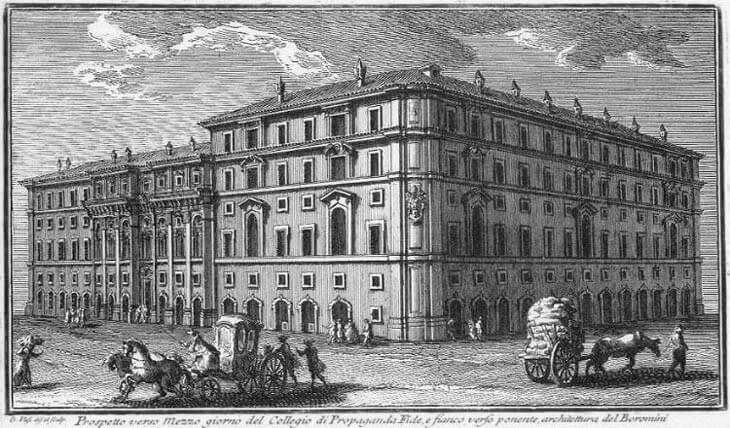Cities of God: 19th-Century European Encounters with Greek Catholicism
Katherine L. Younger
Yale UniversityFebruary 6, 2014
Center for Urban History, Lviv
The Greek Catholic Church's position on the boundary between two confessions and two empires meant that many diverse individuals and institutions across the whole of Europe felt they had a stake in the Church and its fate. Yet these "outsiders" are often relegated to a supporting role as historians focus on the internal development of the Church, its relationship to national identity, or the political activities of the clergy. By bringing them to the forefront, we can more clearly see the Church's place in the religious and social landscape of nineteenth-century Europe.
Katherine L. Younger's presentation highlights three particular links to the broader European community that simultaneously shaped the Greek Catholic Church and sparked broader interest in the Church across Europe. Each of these links is closely connected to the city in which they were forged: Vienna, Rome, and Paris. In Vienna, the chaplain of the Russian Embassy Fr. M.F. Raevskii assembled a circle of Greek Catholic seminarians; in Rome, the German canon law scholar Fr. Augustin Theiner served as an intermediary between the Greek Catholic hierarchy and the Vatican; and in Paris, the Polish-revolutionary-turned-Greek-Catholic priest Fr. Ippolit (Volodymyr) Terlets'kyi spearheaded the Oriental Society for the Union of All Christians in the East.
Through these three cases we can begin to draw conclusions about external interest in the Greek Catholic Church: What drew "outsiders" to the Church; what visions did they have for it; and what success did they have in realizing those visions?
Katherine L. Younger
is a PhD candidate in Russian and East European History at Yale University (New Haven, CT). Her dissertation, “The Greek Catholic Church in Its International Context, 1839-1882,” examines the changing policies and attitudes of the Habsburg and Russian governments and the Vatican toward the Church, as well as engagement of the broader European public with the Church. Her research is supported by an American Councils Title VIII grant, and she is an External Fellow at the Doktoratskolleg Galizien, University of Vienna.
